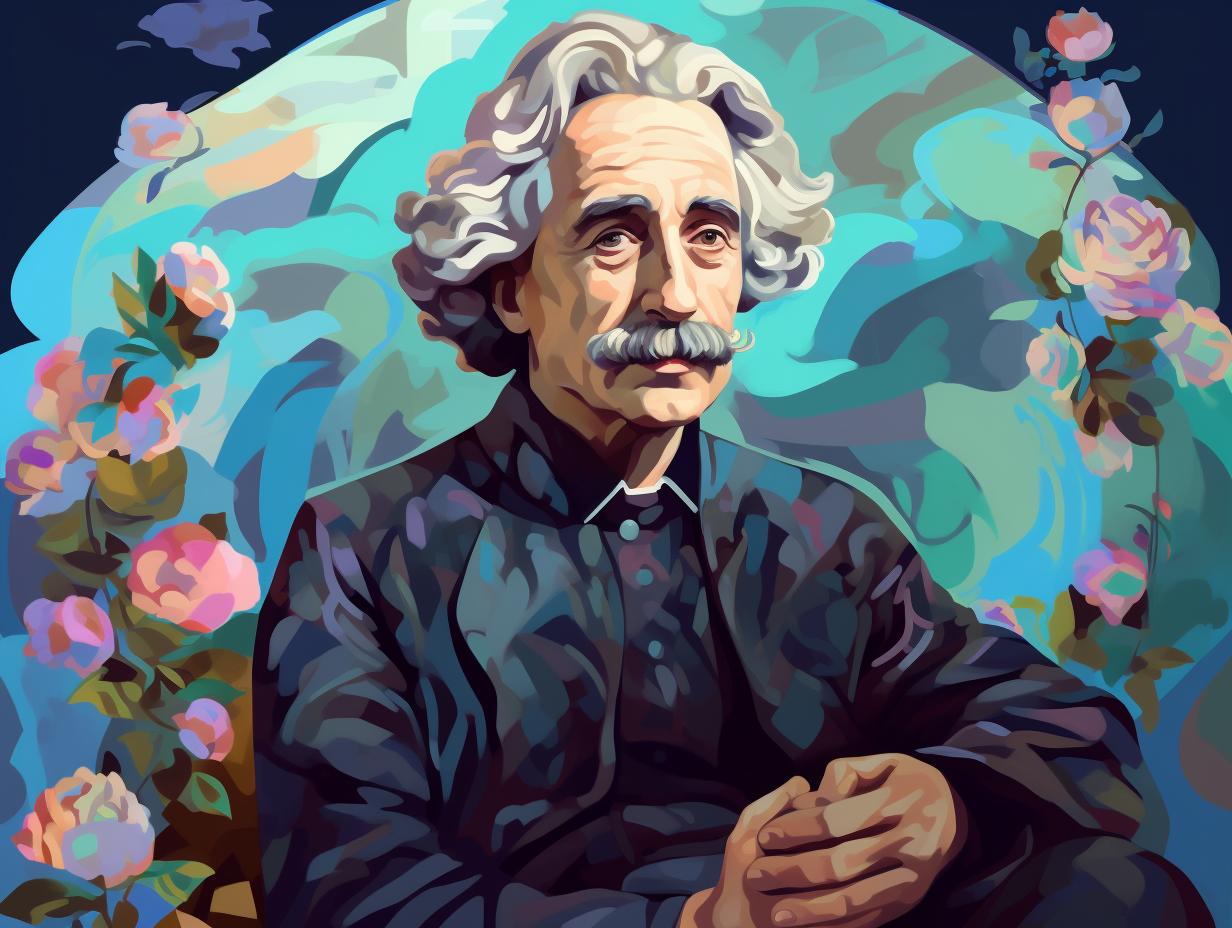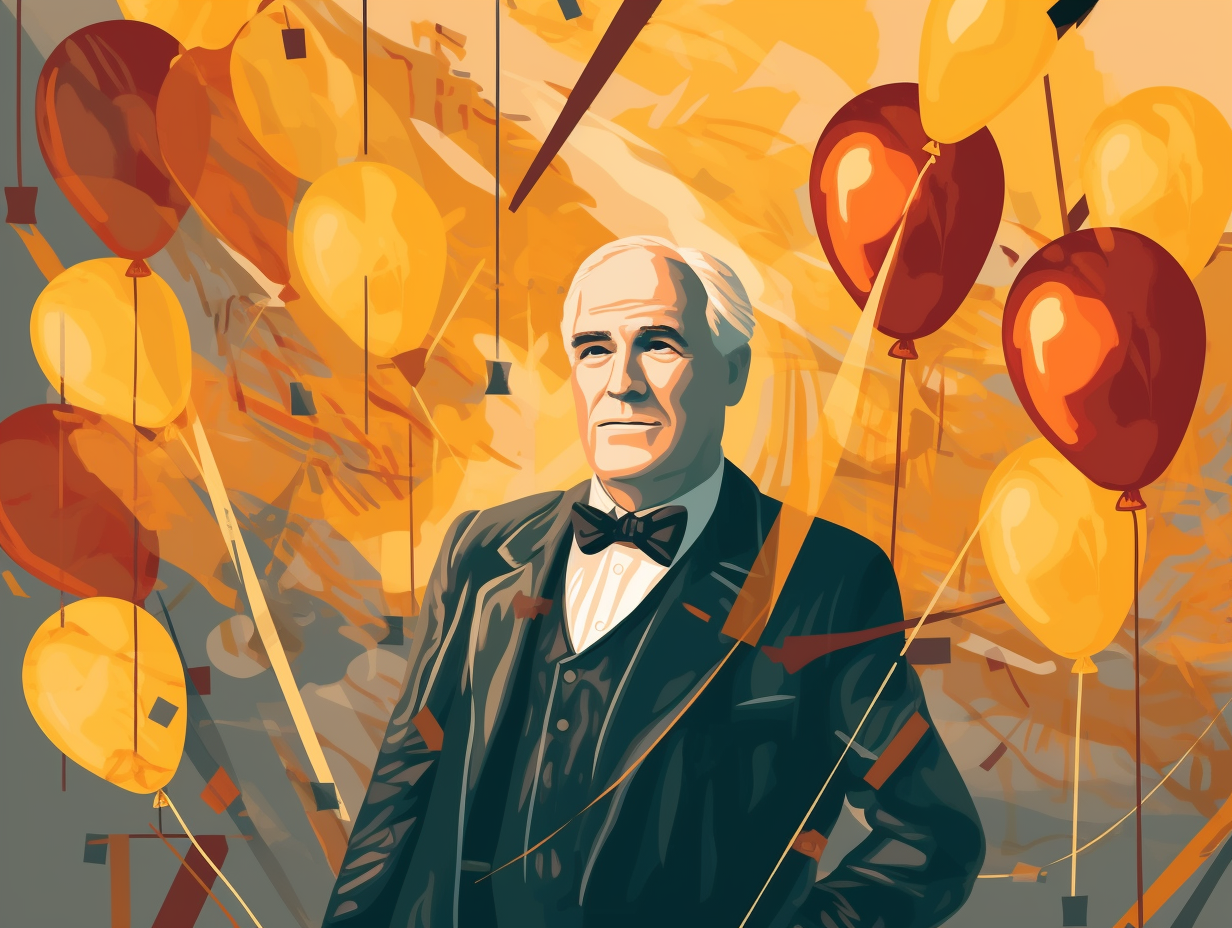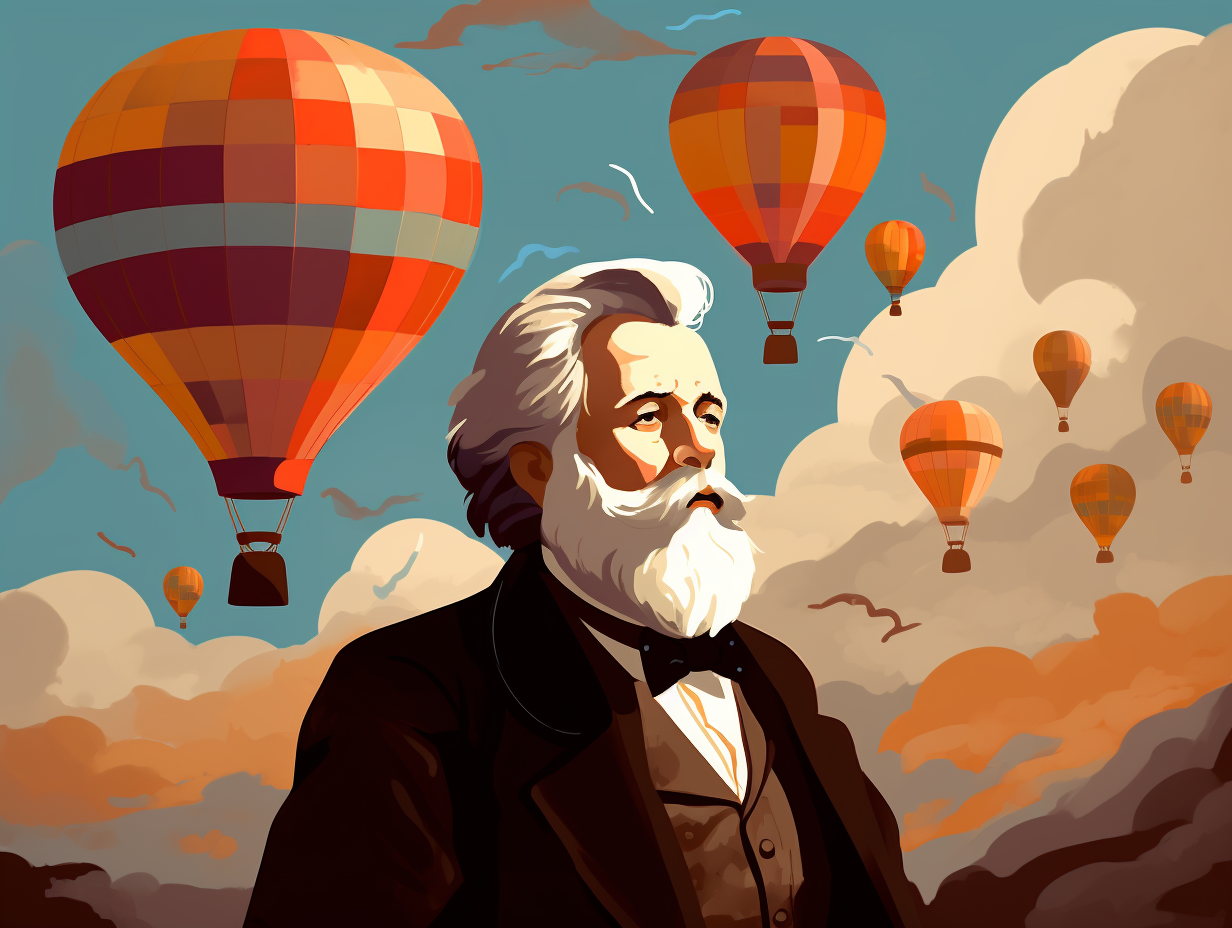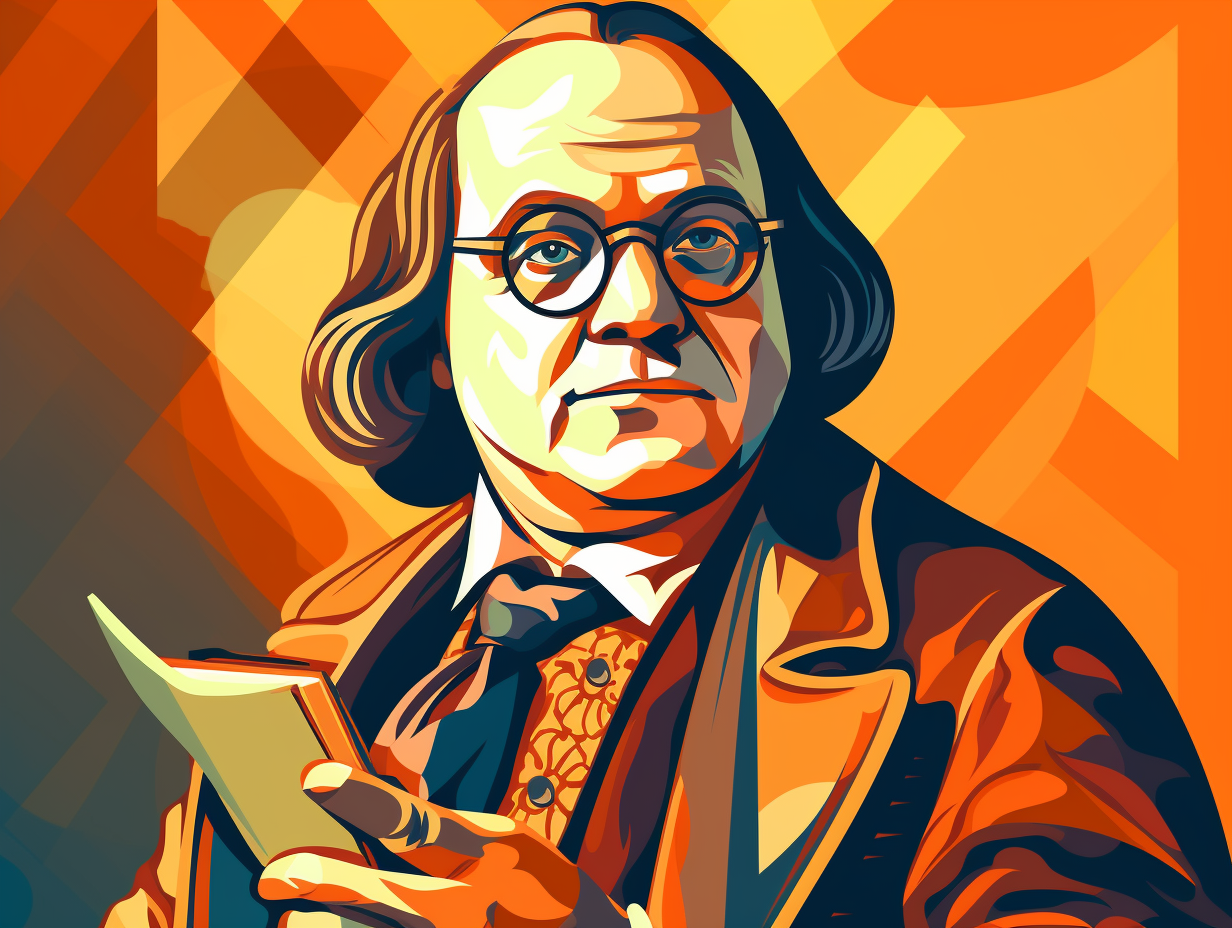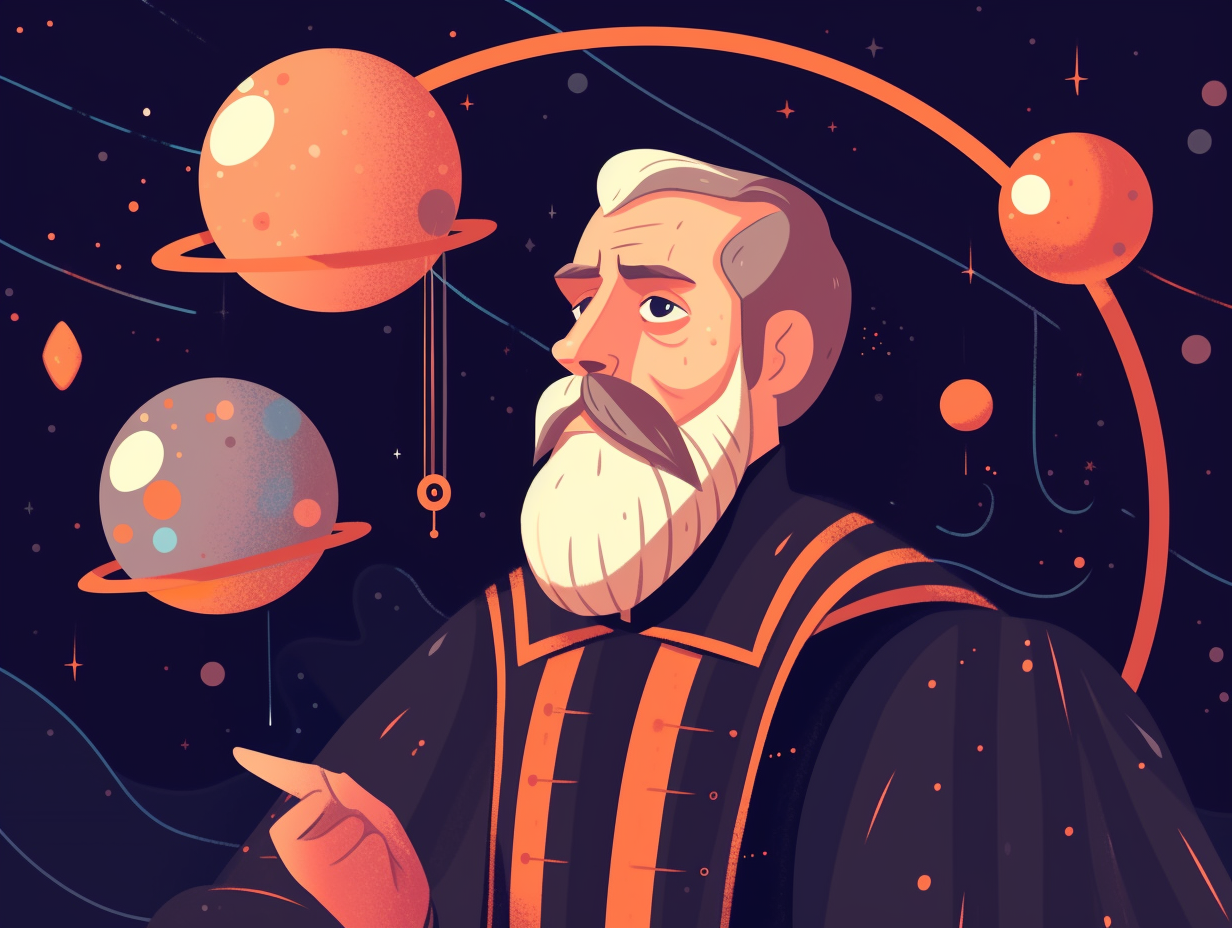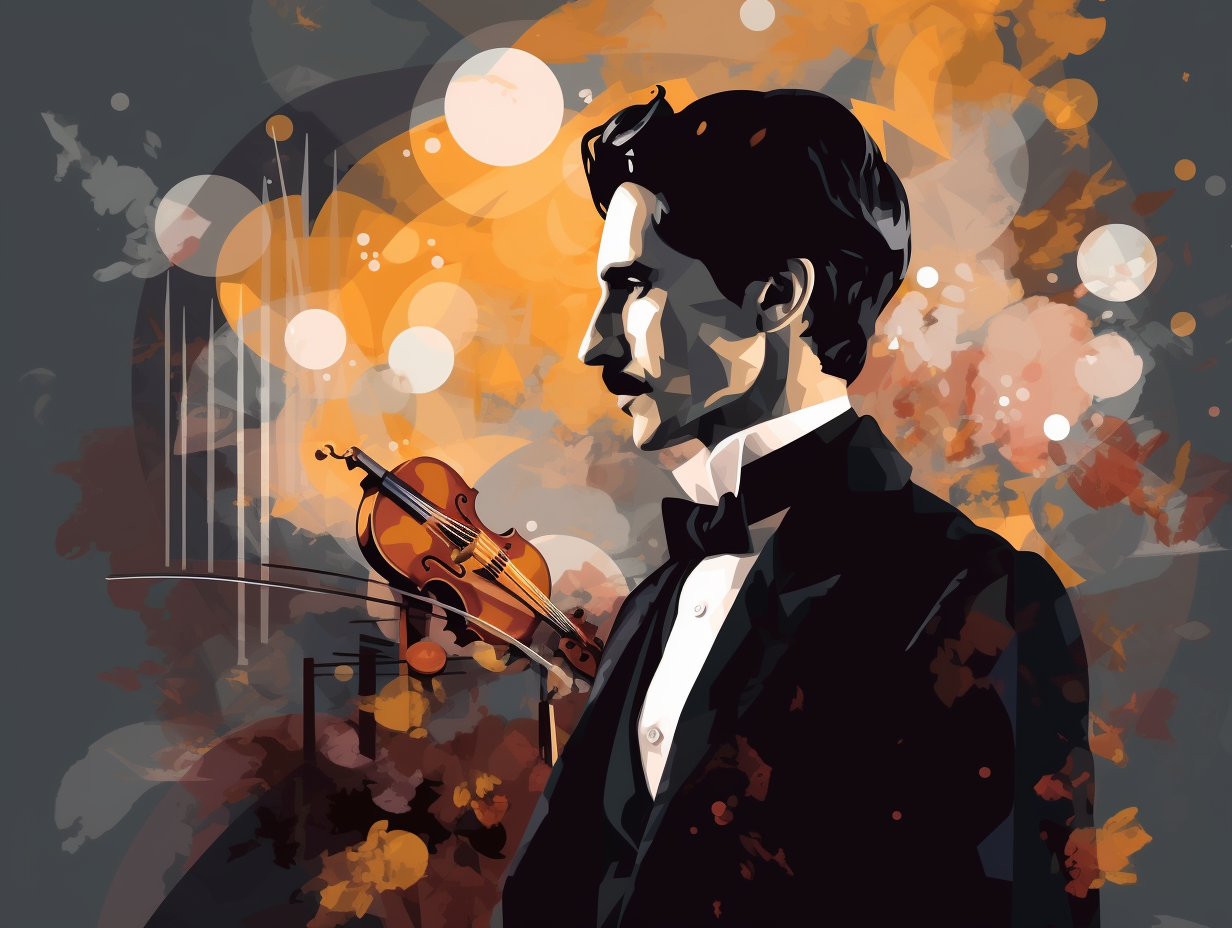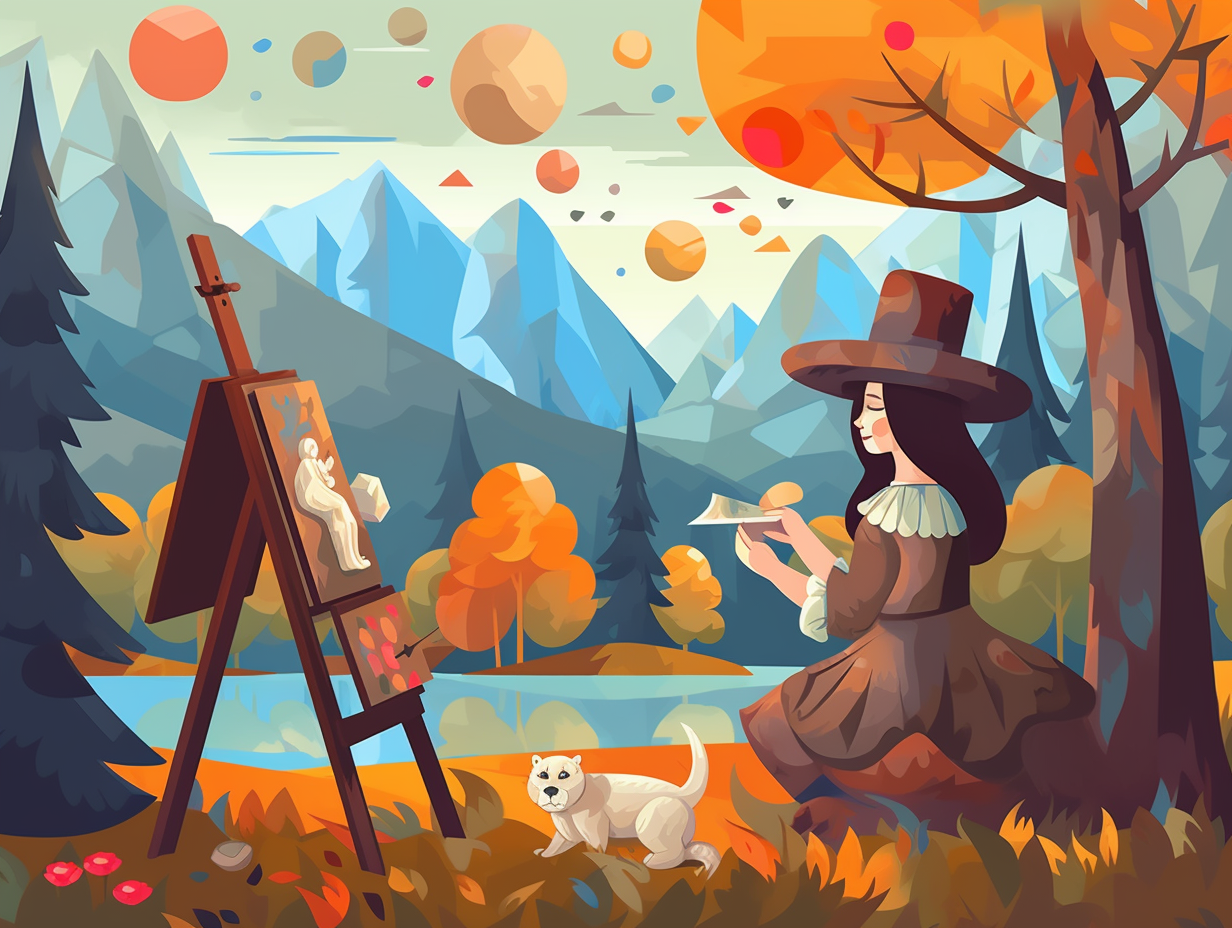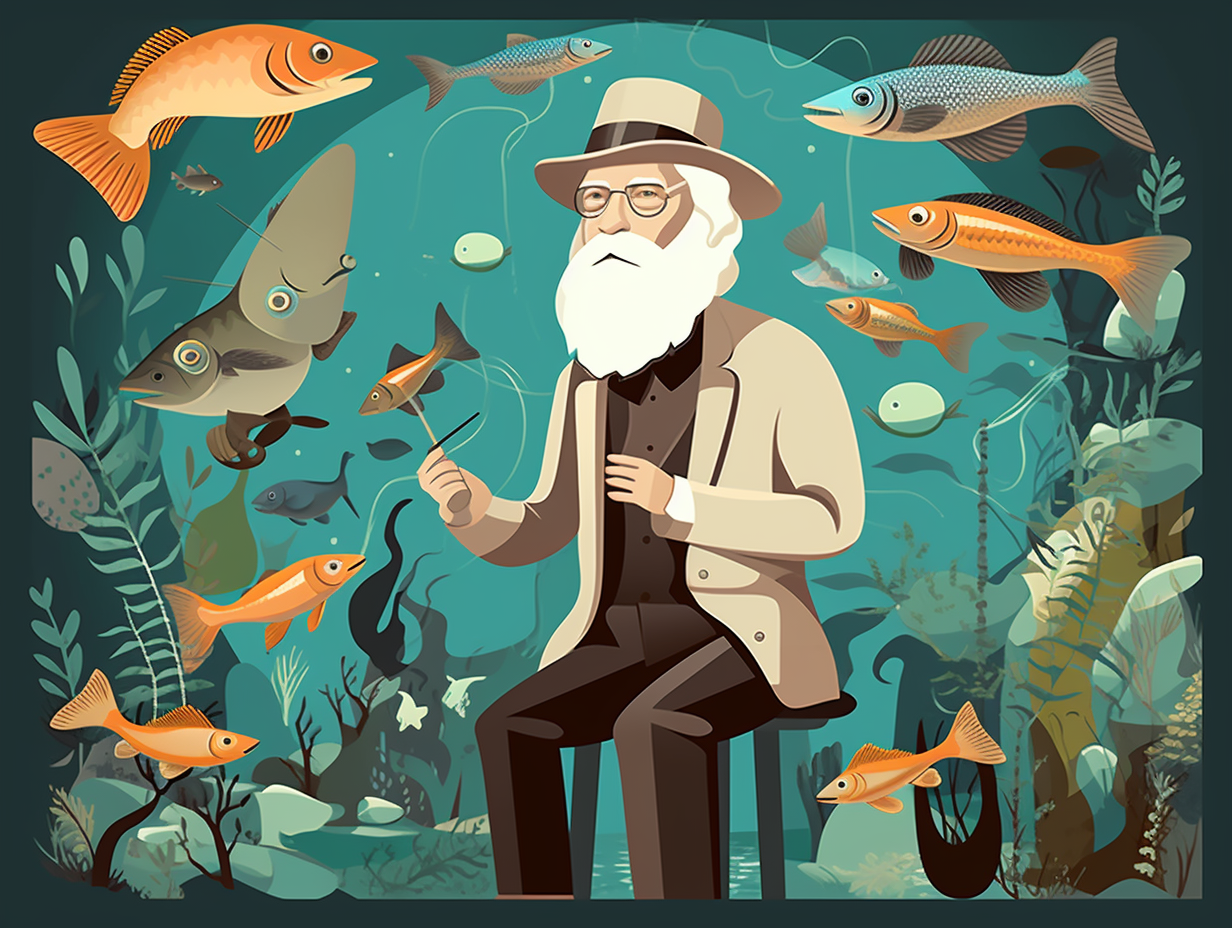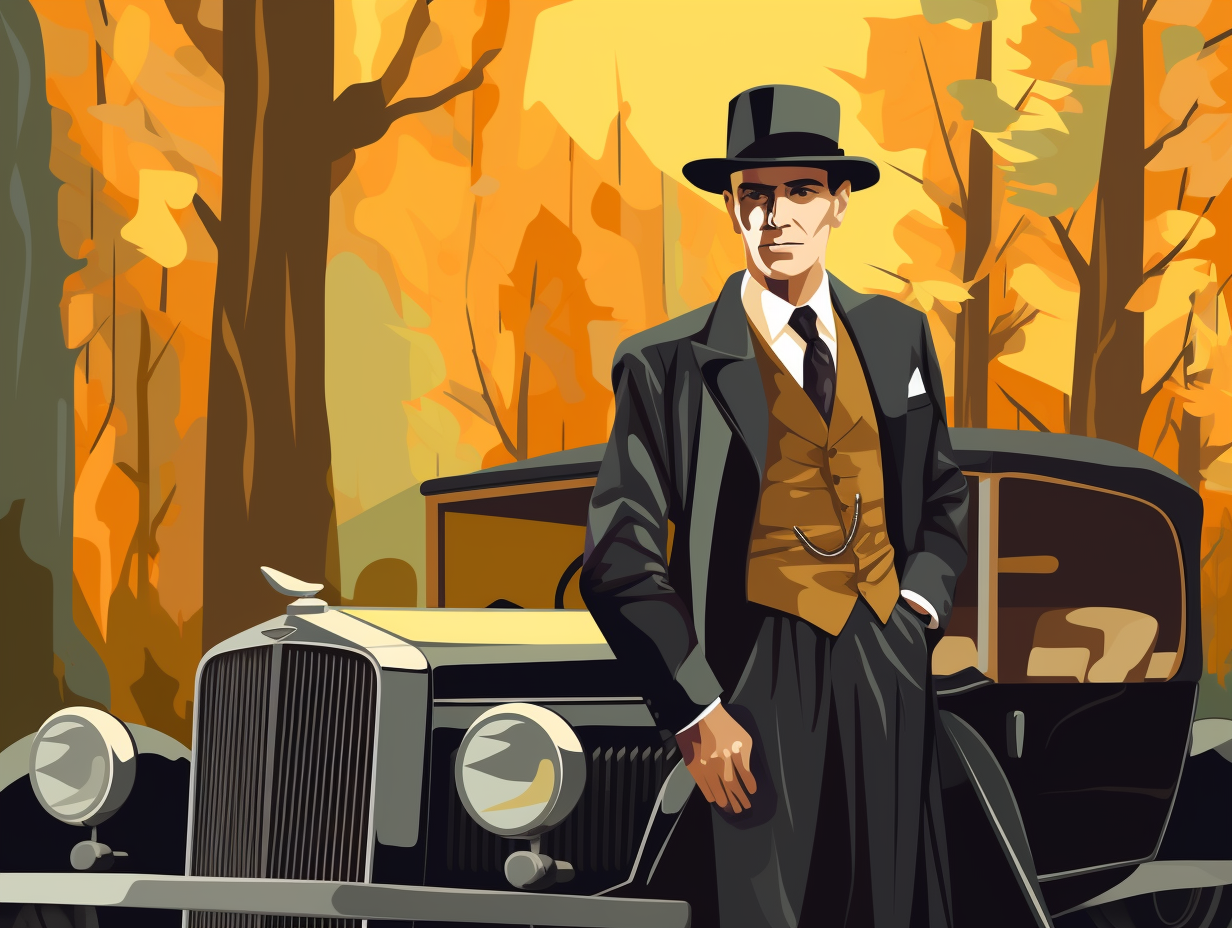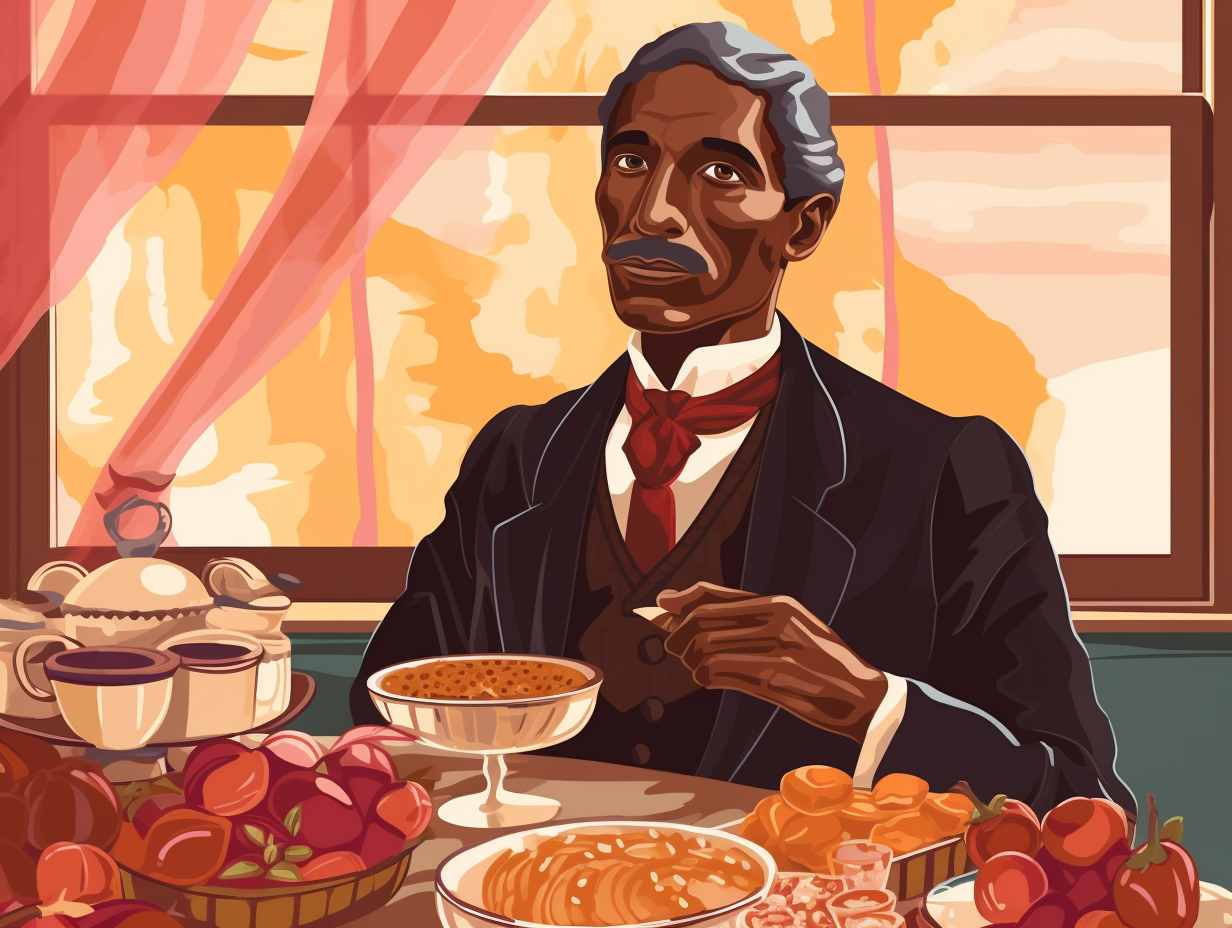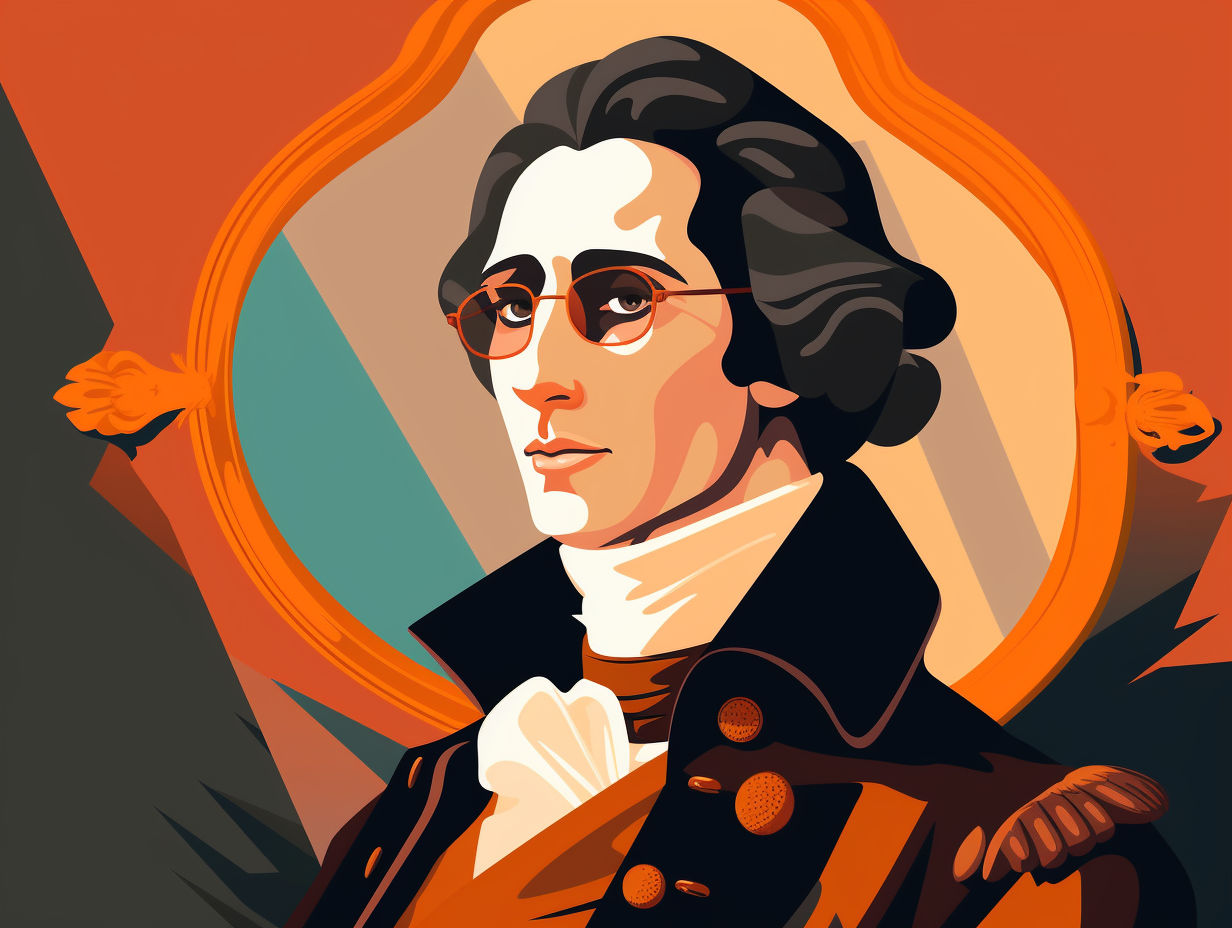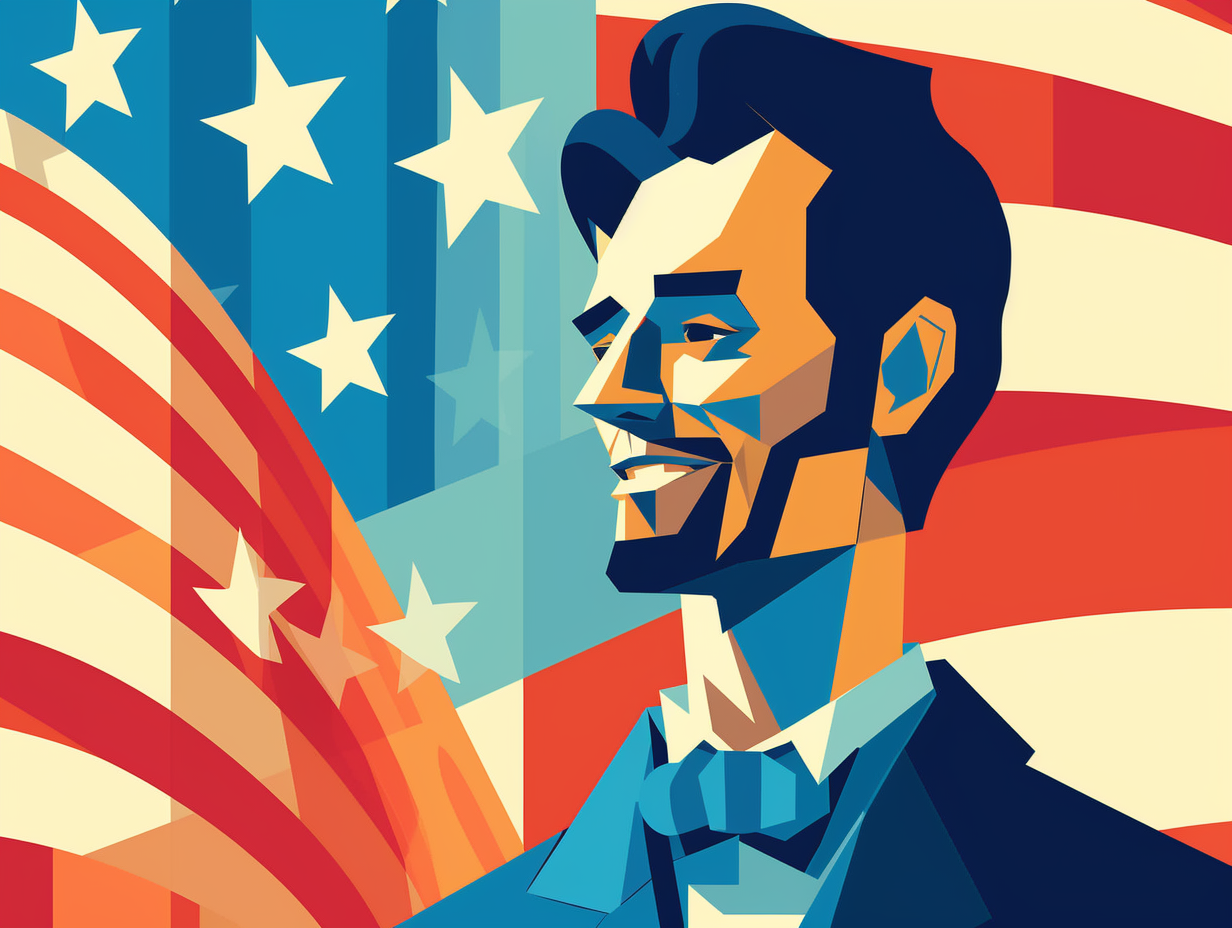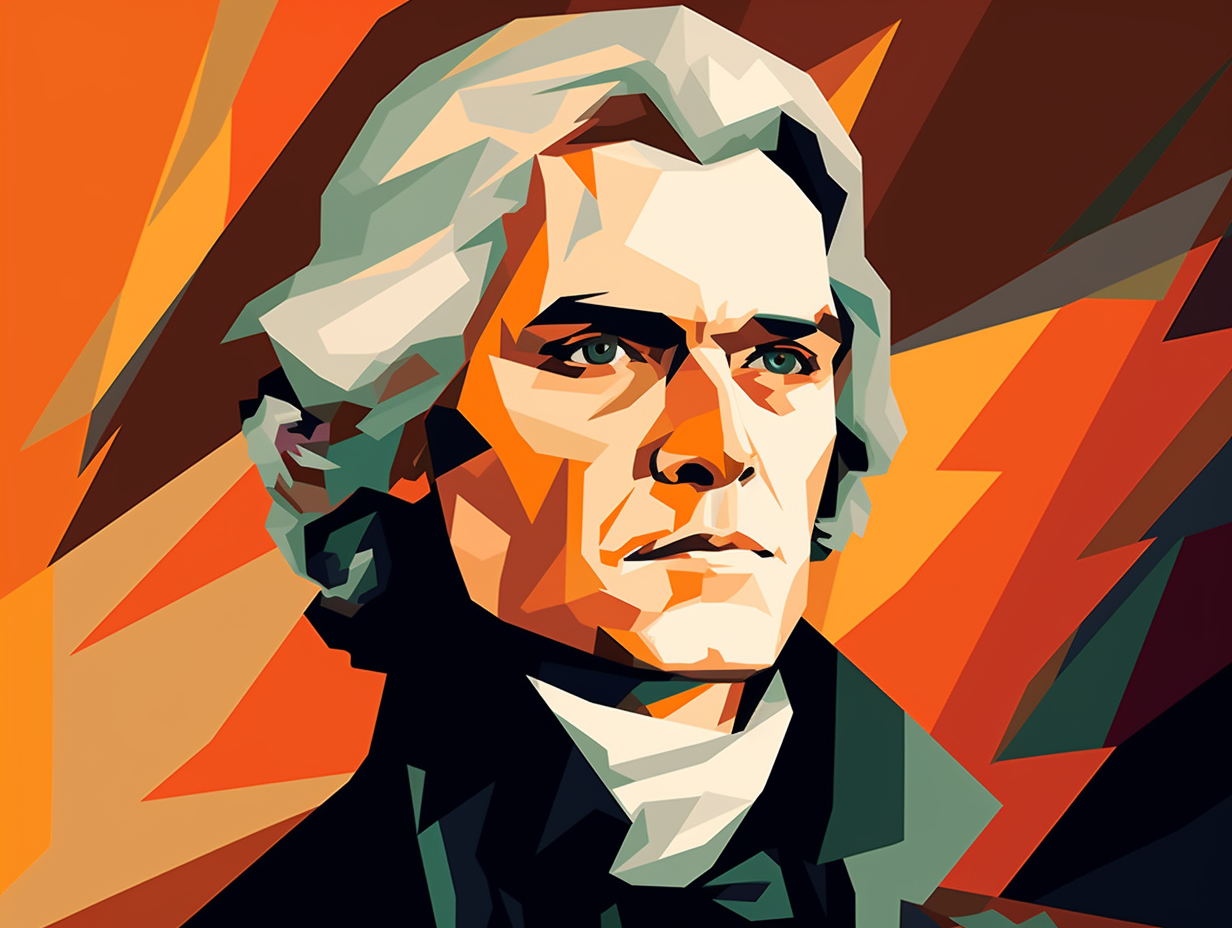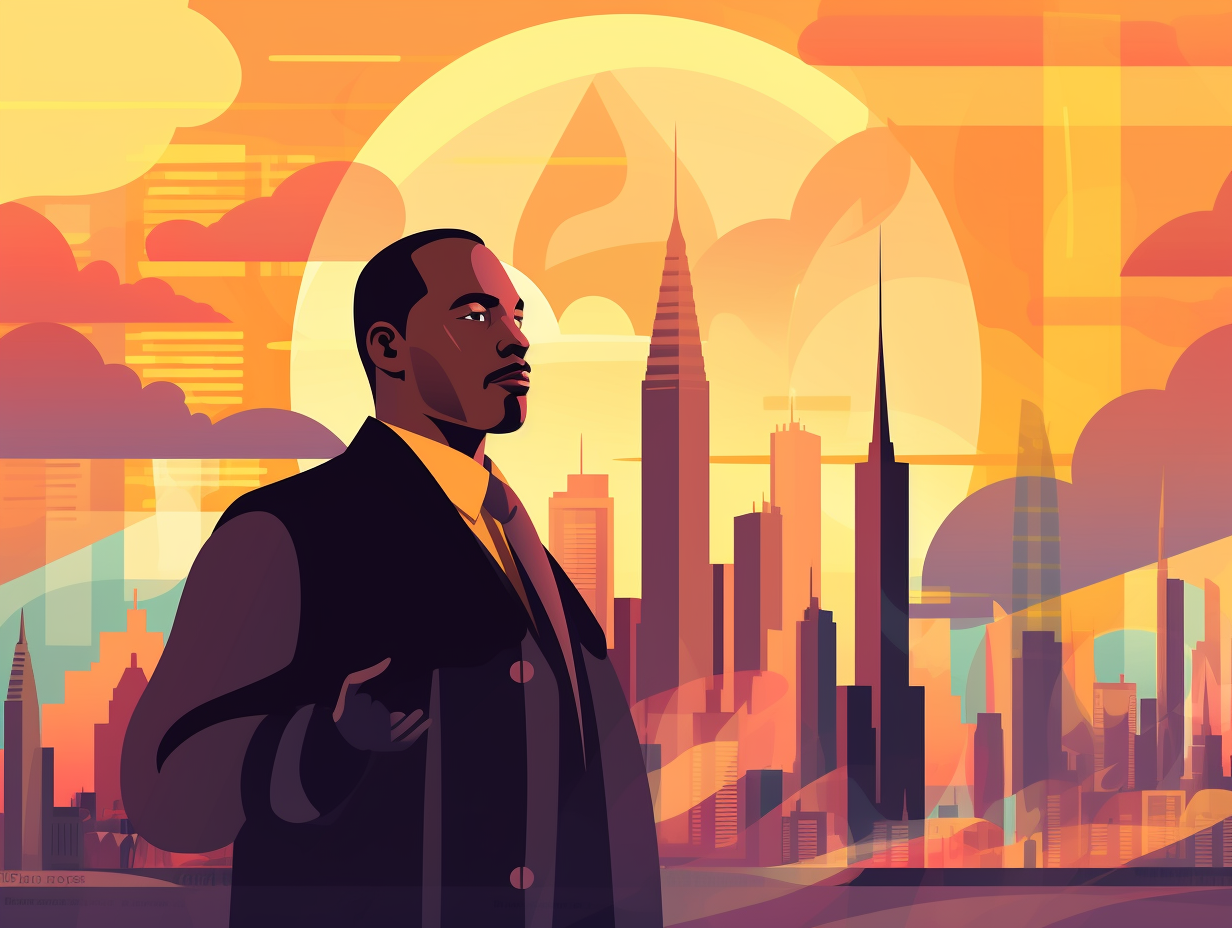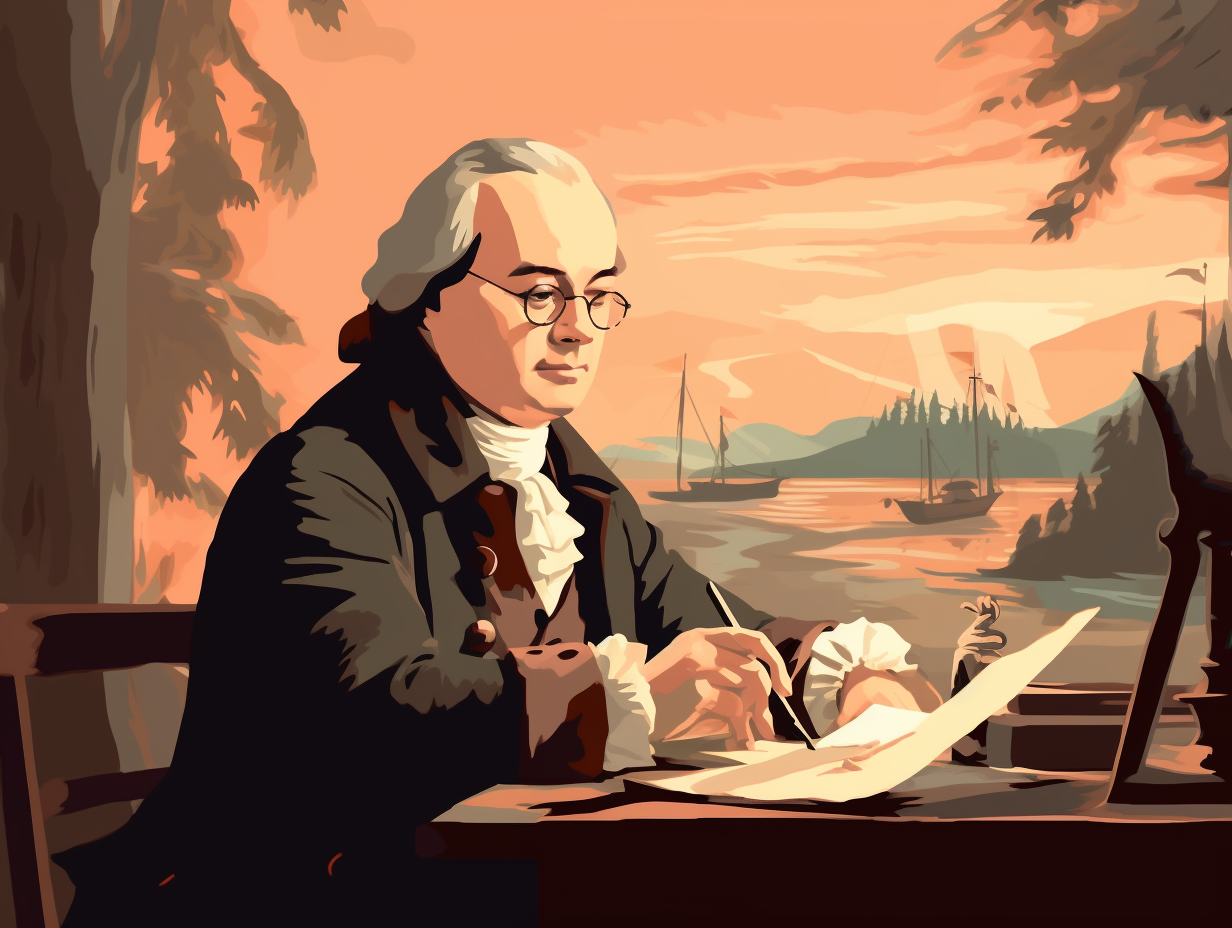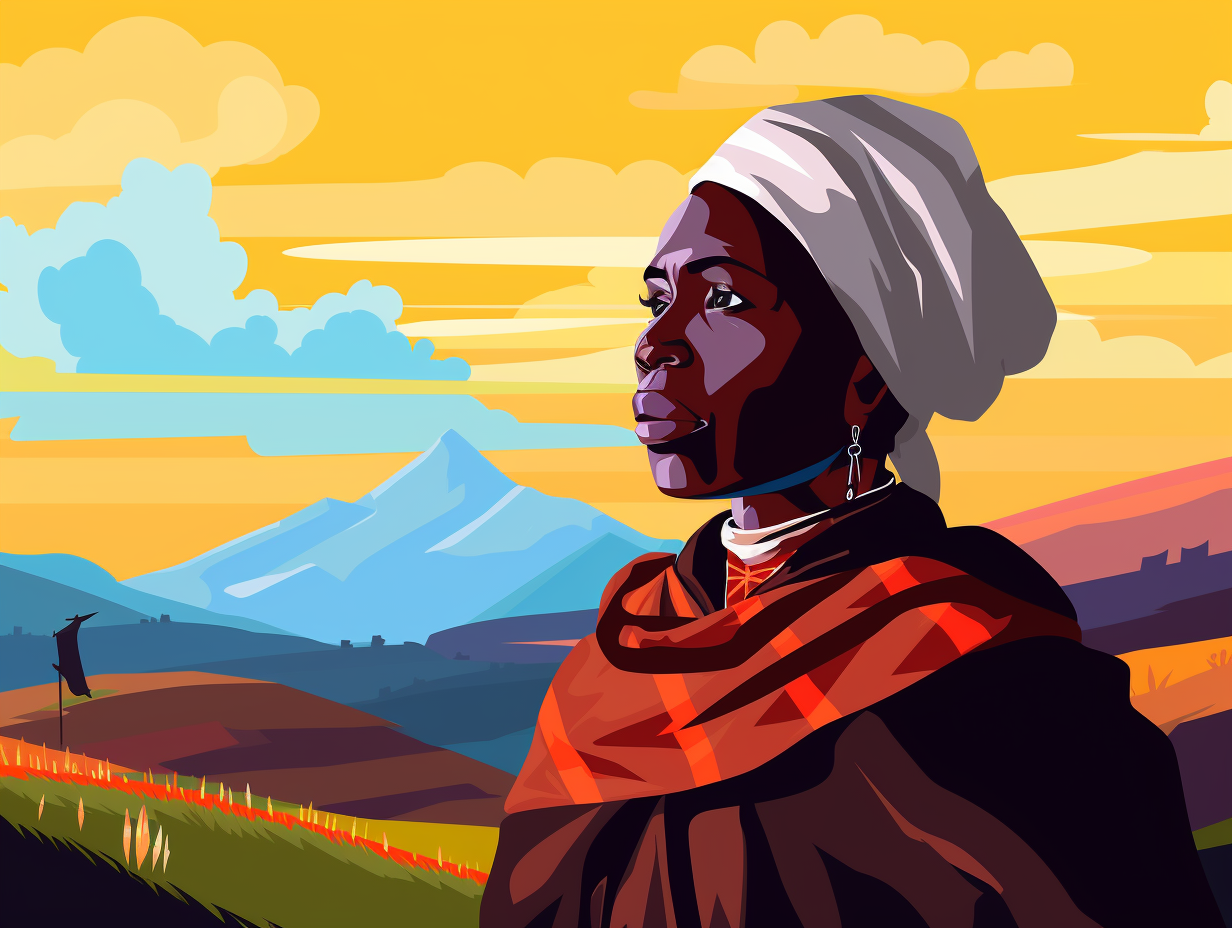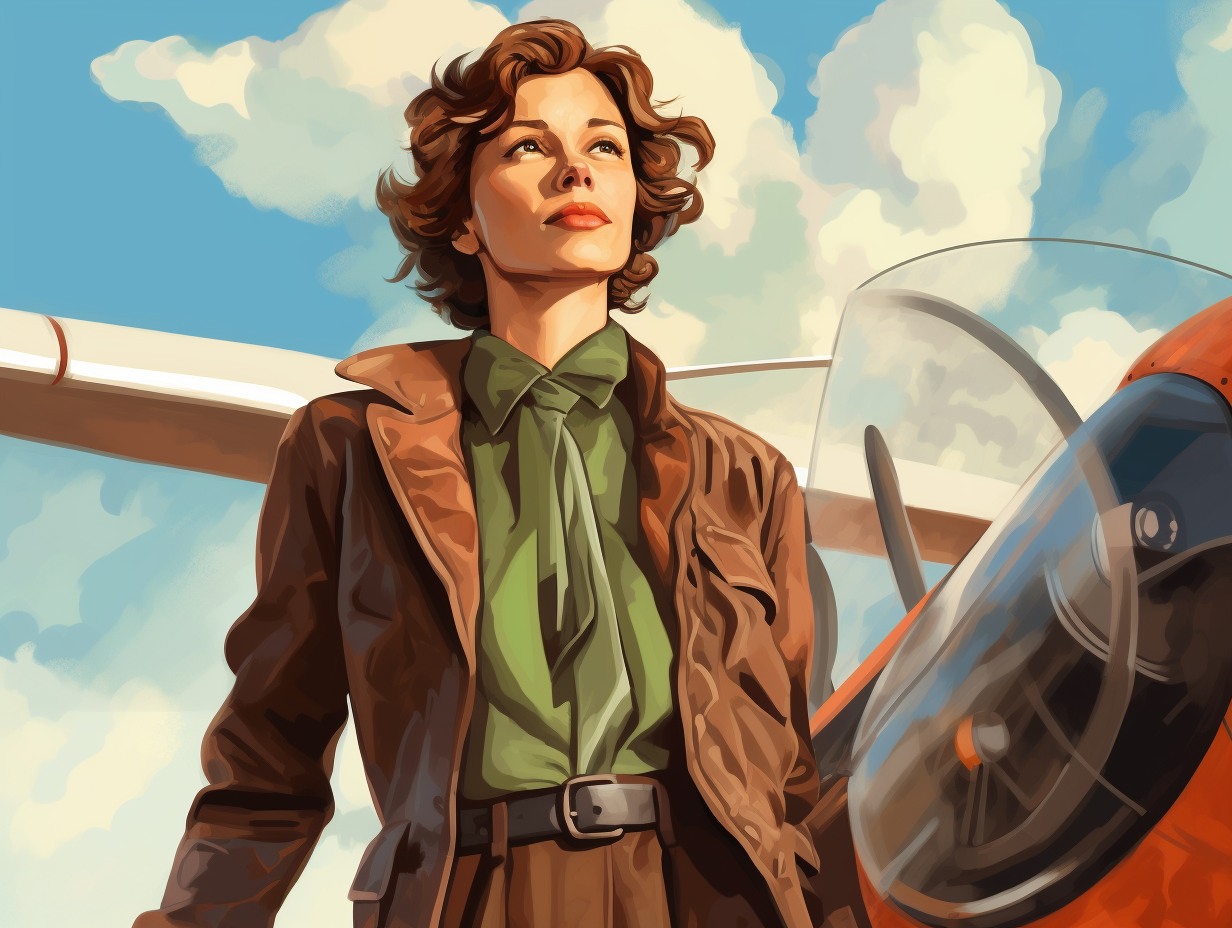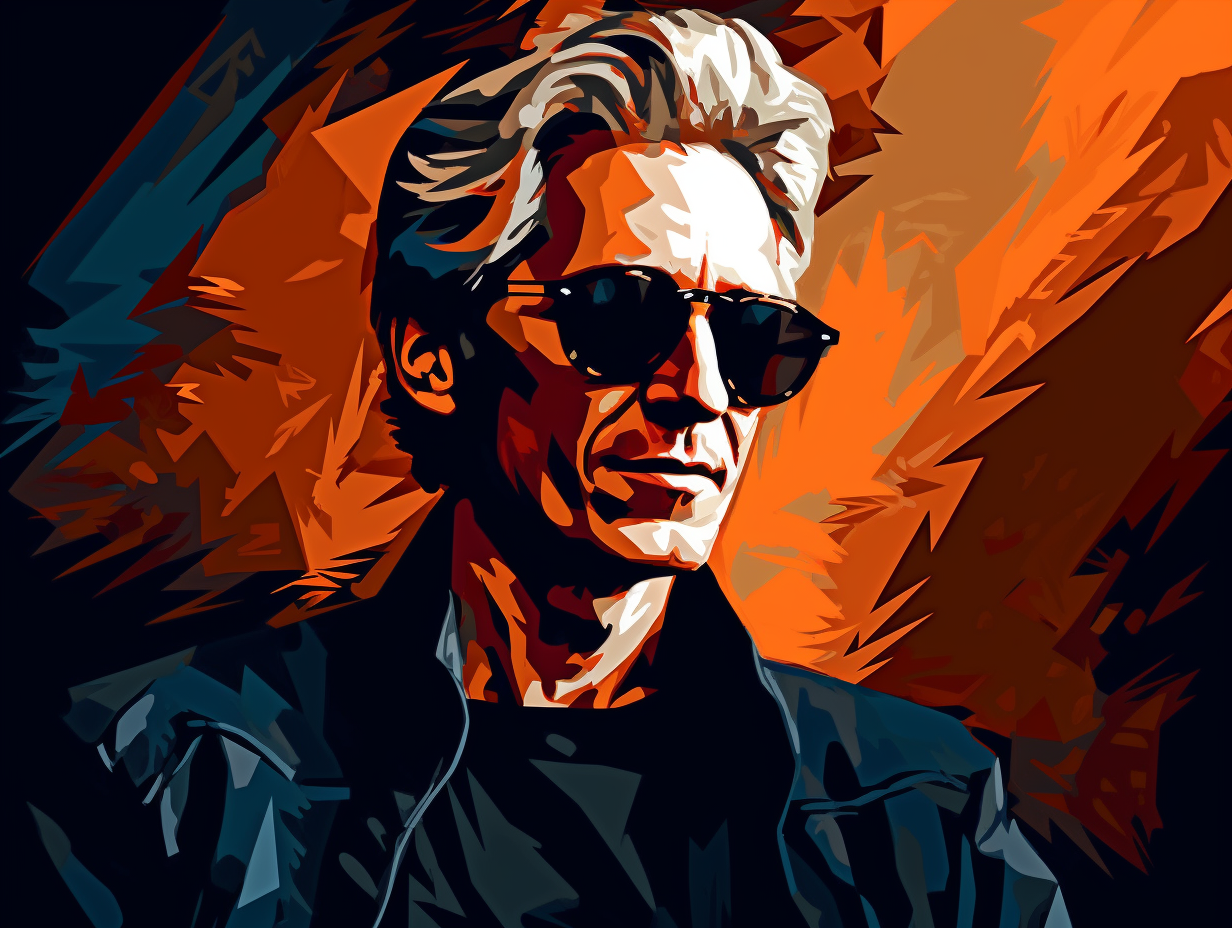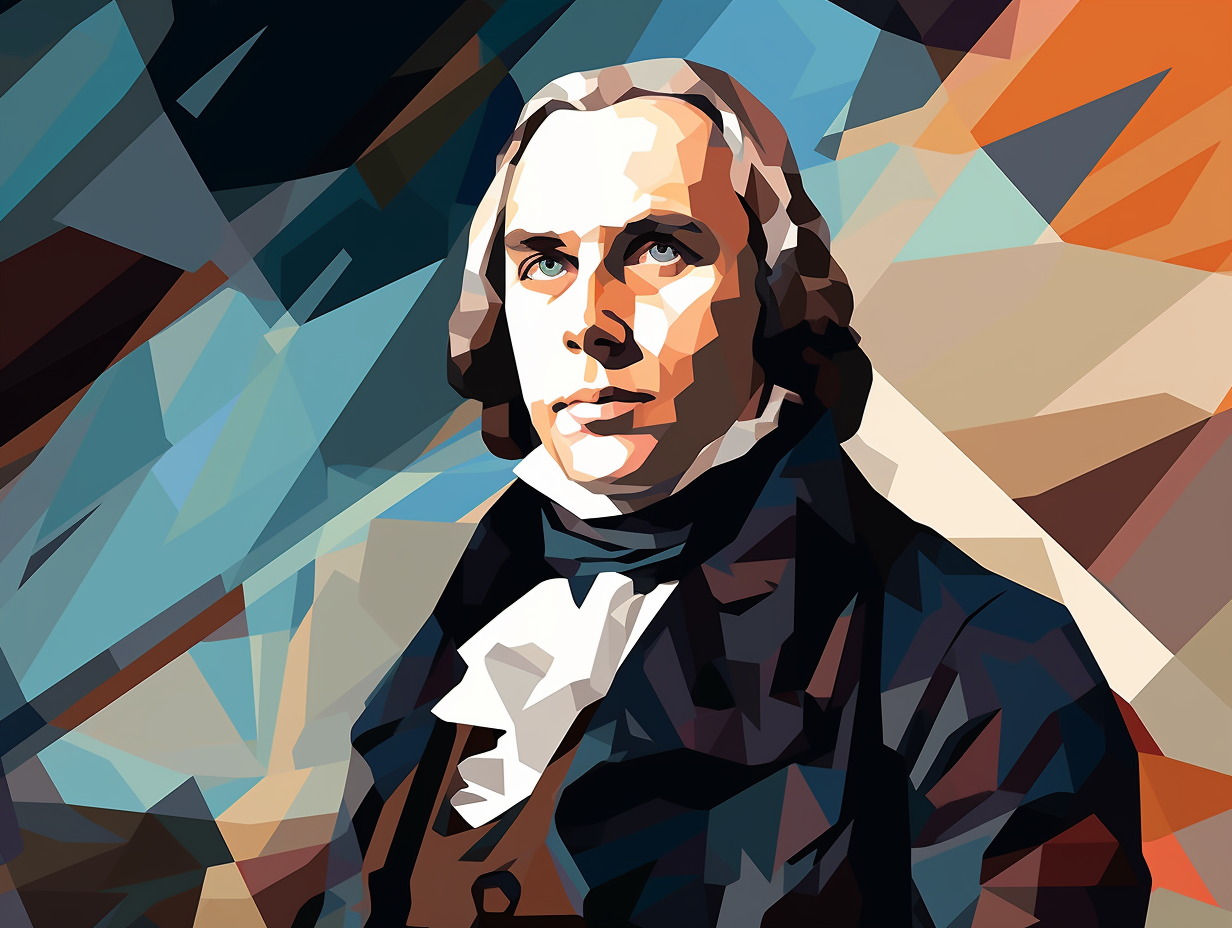Discover the Unexpected: 14 Entertaining and Enlightening Fun Facts about Louis Pasteur, Paris' Renowned Scientist
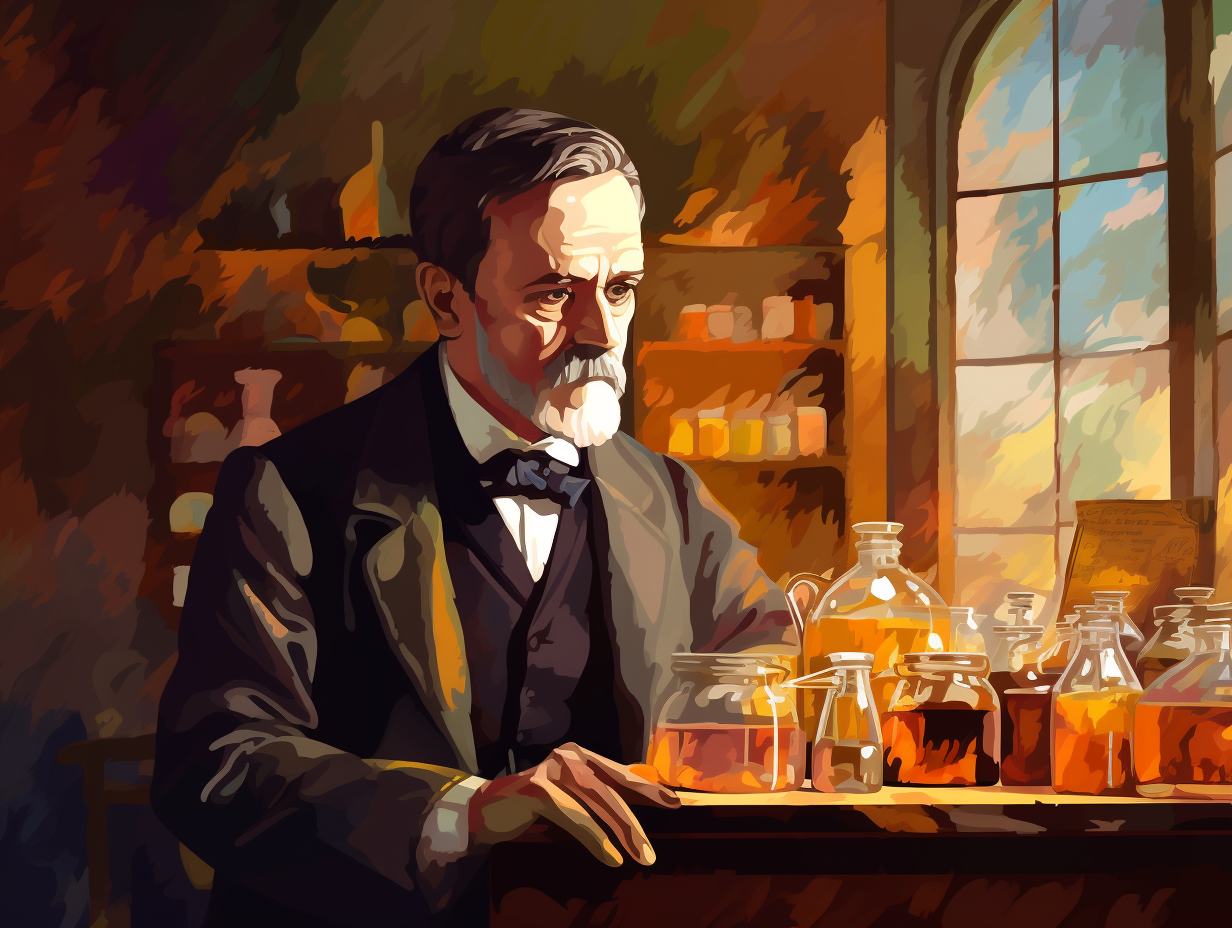
1. Beer's Ultimate Hero
Beer lovers, unite for a momentous toast to Louis Pasteur, the ultimate bar hero: his culinary crusade led to the discovery of pasteurization, enabling beer to be stored at room temperature for up to 120 days, increasing its shelf life, distant travels and our spirited cheers!
Source => micromatic.com
2. 14 Days to Save Humanity
In a daring attempt to save a small French boy from turning into a rabid canine, our favorite scientist-dad Louis Pasteur played the world's first game of "14 Days to Save Humanity": Pasteur and his colleagues, including Emile Roux and Alexandre Yersin, gave the lad 14 daily doses of increasingly inactive rabies virus after he was bitten by a rabid dog, setting the stage for modern immunization and saving countless lives. And did you know that it was actually Pasteur's pupil, Louis Thuillier, who developed the anthrax vaccine? Magnifique!
Source => cdc.gov
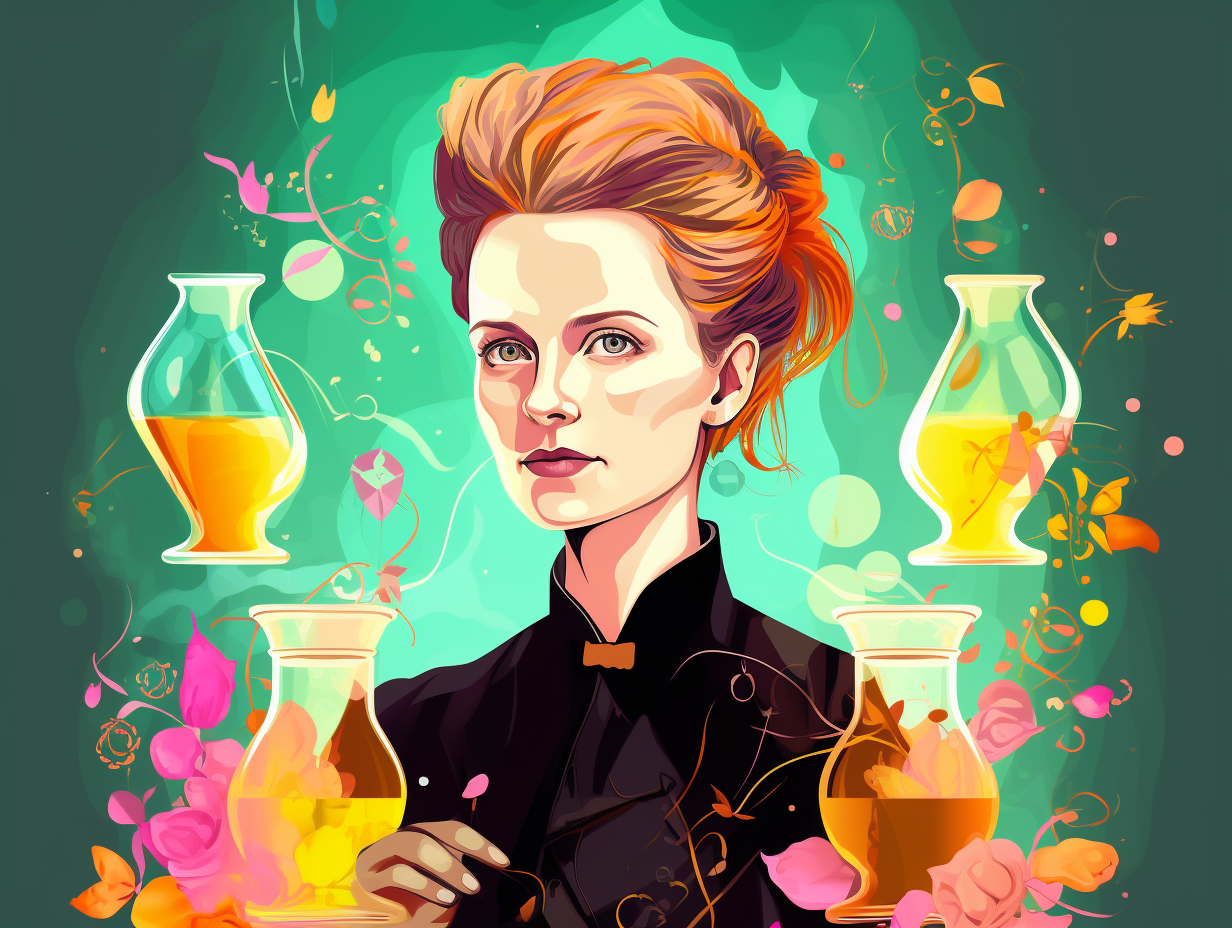
Did you know Marie Curie's cookbooks and personal belongings are still radioactive after 100 years? Even her manuscripts require protective clothing to access! Discover more fascinating facts about this famous scientist.
=> Fun Facts about Marie-Curie
3. Microbe-Doodler Extraordinaire
Who knew that Louis Pasteur was not just a germ-buster but also a microbe-doodler? Every time he put pen to Petri dish, bacteria everywhere would be quaking in their tiny, cell-walled boots: Turns out, Pasteur was an exceptional artist and would often sketch intricate drawings of the microbes he studied under the microscope, even going so far as to have them featured in his scientific publications. A man of many talents, he even turned down a job at a natural history museum as an illustrator to explore his passion for science!
Source => lshtm.ac.uk
4. The Chirality Detective
In a twist of fate more befitting a quirky detective story than a mundane chemistry lab, our hero Louis Pasteur unwittingly stumbled upon molecular chirality while on the hunt for crystal clarity: By meticulously separating left and right-oriented facets of double sodium-ammonium salt of tartaric acid crystals like a weary gumshoe interrogating suspects, Pasteur performed the first artificial chiral resolution in the history of science.
Source => onlinelibrary.wiley.com
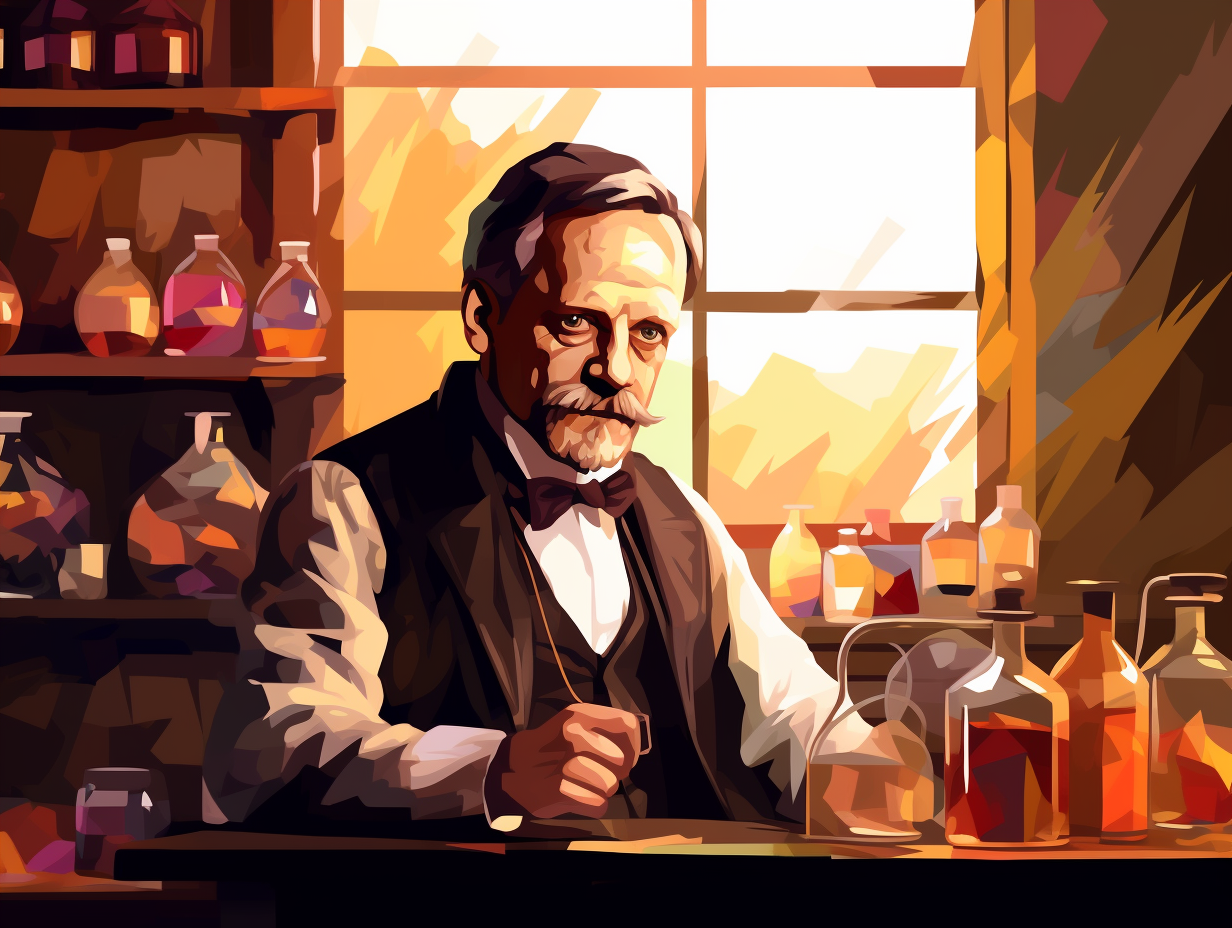
5. Revolutionary Wine-Saver
When life gave Louis Pasteur spoiled grapes, he made revolutionary wine-saving techniques: Pasteur's experiments led to the eureka moment of pasteurization, where heating drinks like wine and milk to specific temperatures kills off pesky microorganisms responsible for spoilage, extending shelf life, and forever transforming the food and beverage industry. Cheers to that!
Source => bevco.net
6. Hold My Pasteurized Beer
They say laughter is the best medicine, but Louis Pasteur probably said, "Hold my beer – wait, let me pasteurize it first": This legendary scientist pioneered the world of microbiology and pasteurization, created vaccines for rabies and anthrax, and founded the acclaimed Institut Pasteur that continues to spearhead medical research today.
Source => pasteur.fr
7. Swan-Diving into Stardom
Before swan-diving into stardom and causing a serious "flap" in the scientific community: Louis Pasteur's swan-neck flask experiment masterfully debunked the laughable idea of spontaneous generation and, as a marvelous byproduct, introduced the world to the germ theory of disease, revealing that those pesky microorganisms are indeed to blame for our ailments.
Source => bio.libretexts.org
8. Party-Saving Pasteur
Before there was Beer Pong and Wine and Paint Nights, there was Louis Pasteur to the rescue: Pasteur is the mastermind behind the pasteurization process, which he first used to keep wine and beer germ-free and fresh, while inadvertently paving the way for the future study of contagious diseases and saving the silk industry from pestilence.
Source => pasteur.fr
9. The Milk Miracle Man
Did you hear about the Frenchman who turned up the heat in the kitchen and had everyone milking the benefits? Oui, c'est vrai: Louis Pasteur discovered the process of pasteurization, by heating milk to a specific temperature to kill harmful bacteria and extend its shelf life, revolutionizing the dairy industry and making milk safer for everyone!
Source => hgic.clemson.edu
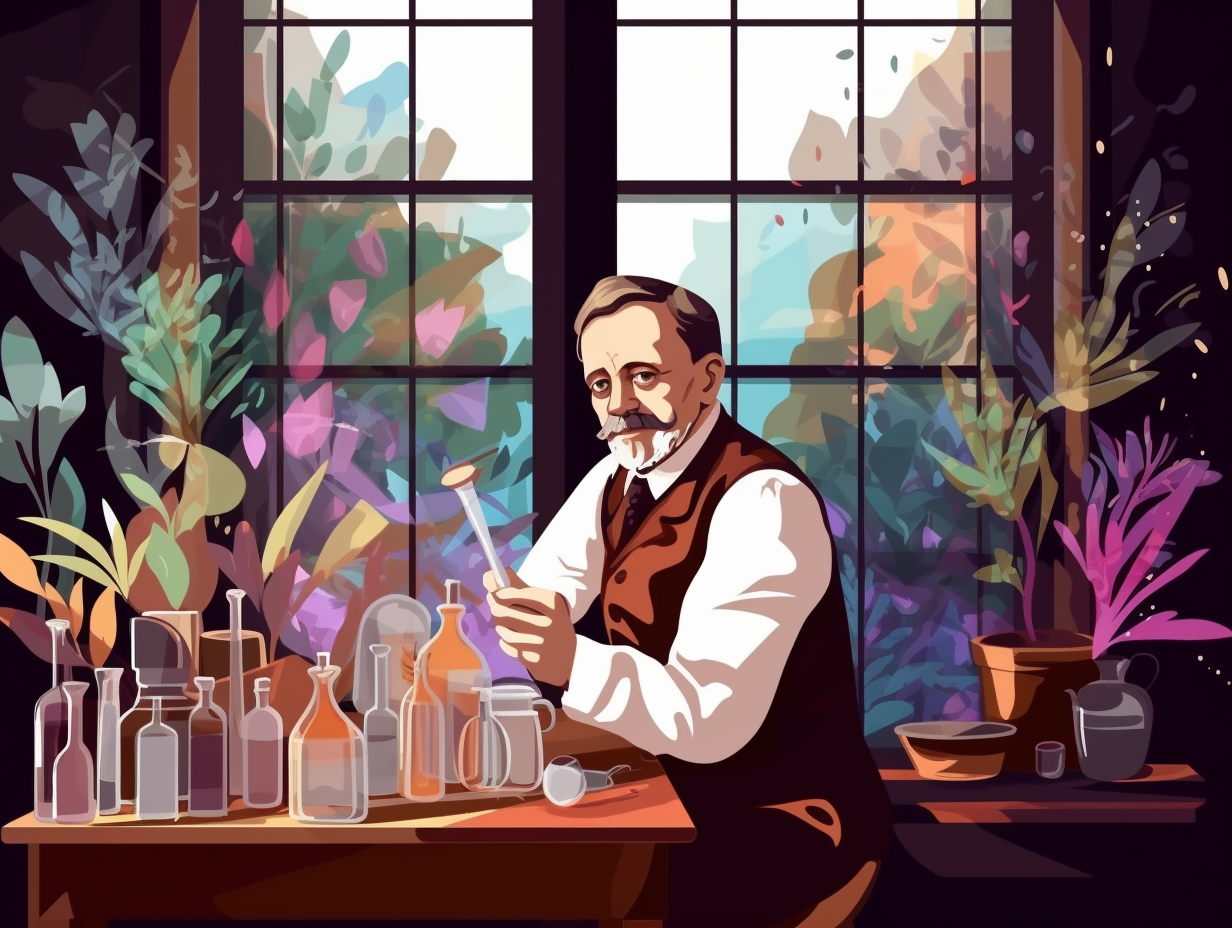
10. A Cluck of Luck
In a cluck of luck: Louis Pasteur's absent-mindedness yielded a breakthrough in vaccines when he unintentionally left a chicken cholera culture out for weeks. The weakened strain protected the chickens from illness, breeding immunity, and laying the groundwork for future vaccines.
Source => animalresearch.info
11. The Vacci-nator
Who needs superheroes when you have "The Vacci-nator" on your side: Louis Pasteur pioneered the use of live viruses in vaccines, propelling the medical world forward with his trailblazing work on fowl cholera, anthrax, and even the first successful use of a rabies vaccine on a human!
Source => passporthealthusa.com
12. Yeast Banter and The Pasteur Effect
What did the yeast say to the party-crashing oxygen molecule? "You're inhibiting my buzz!" The witty repartee between microorganisms might be imagined, but the Pasteur effect is all too real: discovered by Louis Pasteur, it details how increased oxygen levels cause yeast to switch from fermentation to aerobic respiration, ultimately leading to a better understanding of yeast metabolism and its applications in alcohol and biomass production.
Source => en.wikipedia.org
13. Brew-tiful Invention
Talk about a brew-tiful invention: In the 1860s, Louis Pasteur developed the process of pasteurization, which not only revolutionized the preservation of wine and beer, but is now widely used for numerous food and drink products worldwide, making for a safer, microorganism-free experience.
Source => pasteur.fr
14. Microbes Got Talent
Next up on "Microbes Got Talent": Louis Pasteur revolutionized the stage for bacterial superstars with his 1860 performance of creating the first liquid artificial culture medium! : This game-changing discovery marked the beginning of growing and isolating bacteria in controlled environments, leading to advances in microbiology, including the study of human microbiota and the discovery of antimicrobial agents.
Source => ncbi.nlm.nih.gov
Related Fun Facts

